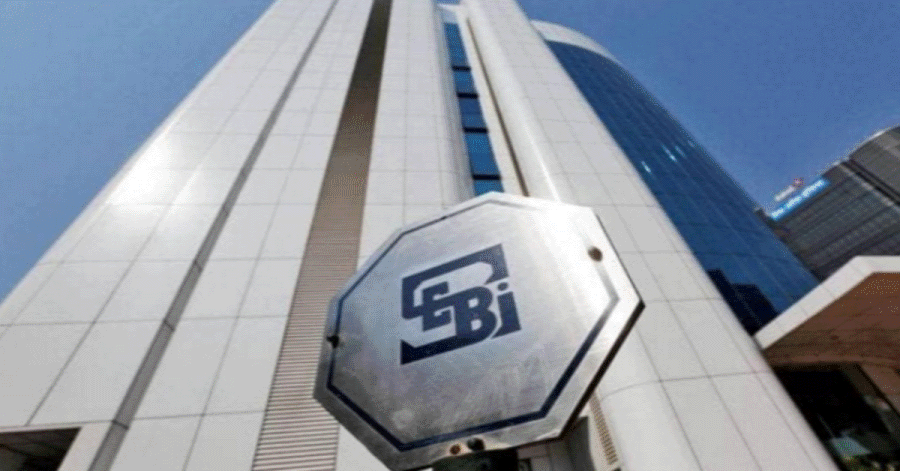The Securities and Exchange Board of India (SEBI), the main regulator for India’s stock market, has announced the formation of a committee to review the ownership structure of clearing corporations. Clearing corporations play a vital role in the smooth functioning of the stock market by guaranteeing settlements between buyers and sellers of securities.
SEBI’s decision comes amidst the significant growth of the Indian securities market in recent years. As the market expands, so does the importance of ensuring clearing corporations are resilient, independent, and neutral in managing risk.
Currently, clearing corporations in India are mostly owned by their parent stock exchanges. For instance, the Indian Clearing Corporation (ICCL) is entirely owned by the Bombay Stock Exchange (BSE), and the NSE Clearing (NCL) is owned by the National Stock Exchange of India (NSE).
SEBI has expressed concerns about this current structure. Because clearing corporations are subsidiaries of stock exchanges, they might be influenced by the expectations of the exchange’s shareholders. Additionally, the financial health of the clearing corporation gets combined with the exchange’s finances, making it difficult to assess the clearing corporation’s independent strength.
The committee, led by former The Reserve Bank of India (RBI) Deputy Governor will review the existing ownership and financial structure of clearing corporations. Here are some key aspects they’ll be looking at:
- How to make clearing corporations more independent from their parent exchanges.
- Ways to widen the pool of entities allowed to own shares in clearing corporations. This could involve including banks, insurance companies, or other financial institutions.
- Finding solutions to ensure clearing corporations have enough capital to meet their risk management needs.
The committee’s recommendations could lead to significant changes in how clearing corporations in India are owned and operated. Here are some possibilities:
- Reduced Exchange Ownership: The committee might suggest lowering the minimum ownership percentage that stock exchanges must hold in clearing corporations.
- Diversified Ownership: New types of institutions could be allowed to invest in clearing corporations, promoting broader ownership and potentially reducing exchange influence.
- Stronger Capitalization: The committee might recommend ways for clearing corporations to raise more capital independently, ensuring they have sufficient resources to manage risks effectively.
Importance for Investors
A robust and independent clearing corporation system is crucial for a healthy stock market. It protects investors by guaranteeing settlements and minimizing the risk of defaults. SEBI’s review aims to strengthen this system and promote greater confidence in the Indian securities market.
What to Watch For
Investors and market participants should keep an eye on the committee’s progress and its eventual recommendations. These changes could have a significant impact on the way clearing corporations operate and the overall stability of the Indian stock market.
